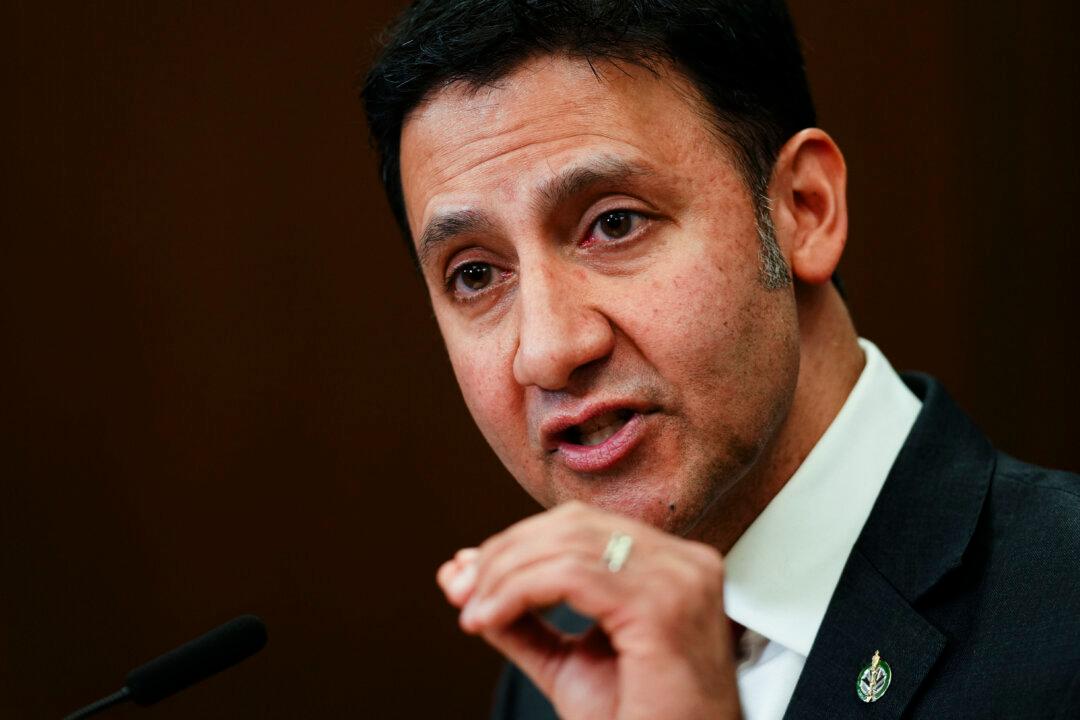Newly appointed human rights chief commissioner Birju Dattani has stepped down before starting in the role, Justice Minister Arif Virani has announced.
Virani released on Aug. 12 the results of a third-party fact-finding review on Dattani’s previous comments and participation in activities critical of Israel. The review, conducted by law firm Filion Wakely Thorup Angeletti LLP, also looked at the hiring process.





